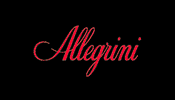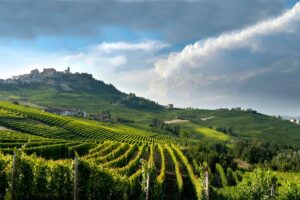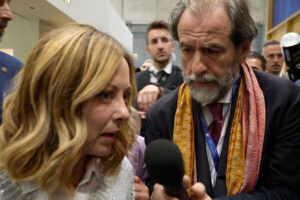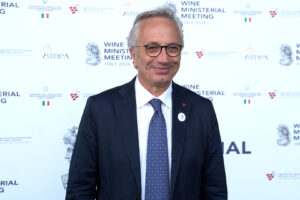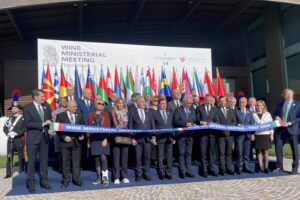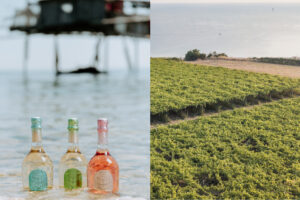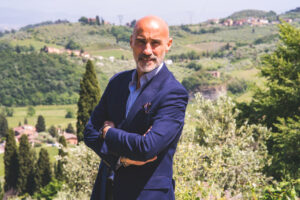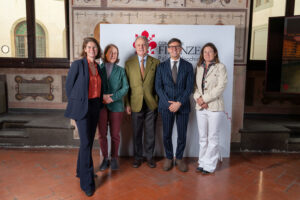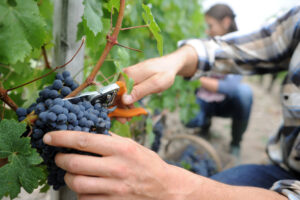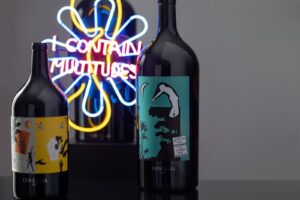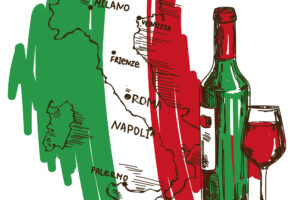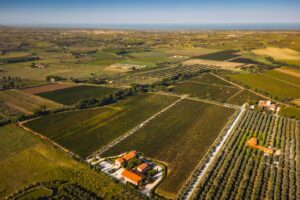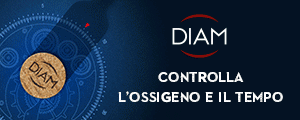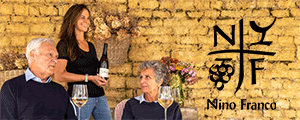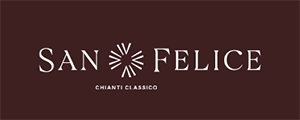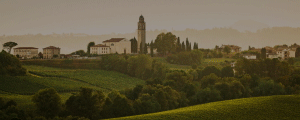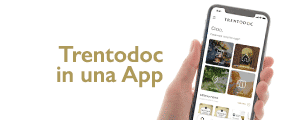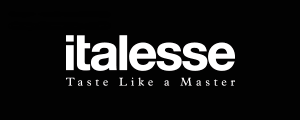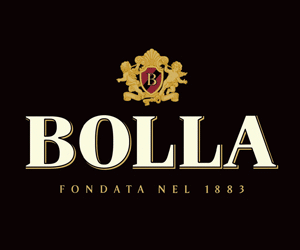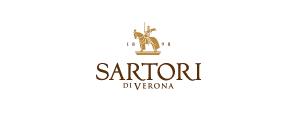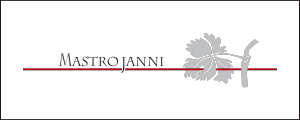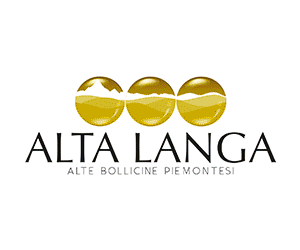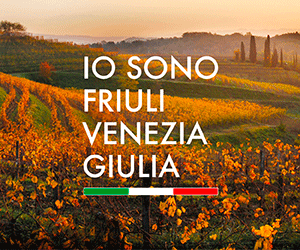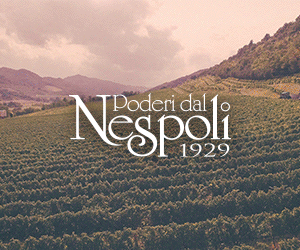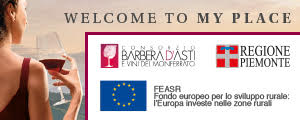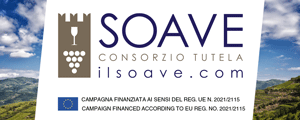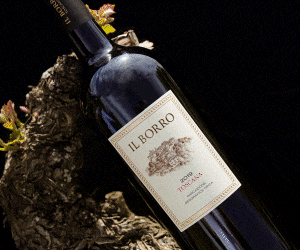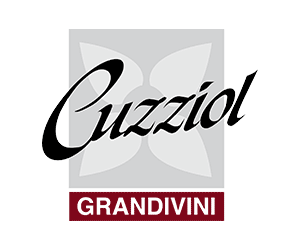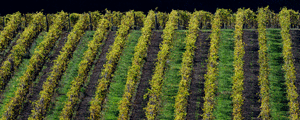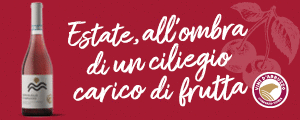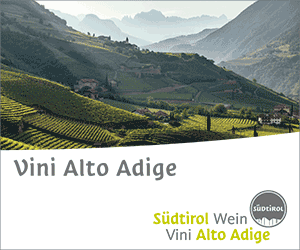Following the confirmation that the 14 billion US dollars bid Amazon offered to Whole Foods Supermarket stockholders had been accepted - putting definitive closure on the subject - Jeff Bezos's global e-commerce conglomerate already appears to have a good idea about the verticalization of their food and drink offers. The proof of this hypothesis is the news that Amazon has designed and marketed its own wine line, called "Next", in partnership with a subsidiary of the Oregon King Estate Winery (www.kingestate.com).
Amazon has created its first private wine label (which is totally different from Trader Joe's, popularly nicknamed "Two Buck Chuck" because of its ultra-affordable price). The three wines currently part of "Next" line cost from a minimum of 20 to a maximum of 40 dollars per bottle. The lowest and highest prices are for a Pinot Gris and a Pinot Noir, and the intermediate wine, at 30 dollars per bottle, is a red blend. Production, for now, is 1.500 cases per wine.
The economies of scale of private owned labels are immediate, from the free display of their brand on shelves (in this case, virtual) to dealers. But, in the case of Amazon they are even more relevant considering not only the acquisition of the Texas chain, but also the wine section of the company's giant catalog, Amazon Wine. And, there is also the fact that it is now possible, through the Prime Now service, to receive alcoholic beverages purchased through Prime Now within one hour in a growing number of large American cities, in collaboration with local shops.
It seems that Amazon is, step by step, consolidating the context of how, and on what scale, it wants to develop its presence in the supermarket world in the US. The announcement that Whole Foods will not, for now, under any circumstances reduce its workforce, leads to the assumption that the 340 retail outlets will be, besides supermarkets, also distribution points of Amazon's food & beverage section, enormously broadening the operating range and delivery capacity, as well as the potential customer base of the food products sold by Bezos’ creature.
Copyright © 2000/2024
Contatti: info@winenews.it
Seguici anche su Twitter: @WineNewsIt
Seguici anche su Facebook: @winenewsit
Questo articolo è tratto dall'archivio di WineNews - Tutti i diritti riservati - Copyright © 2000/2024



